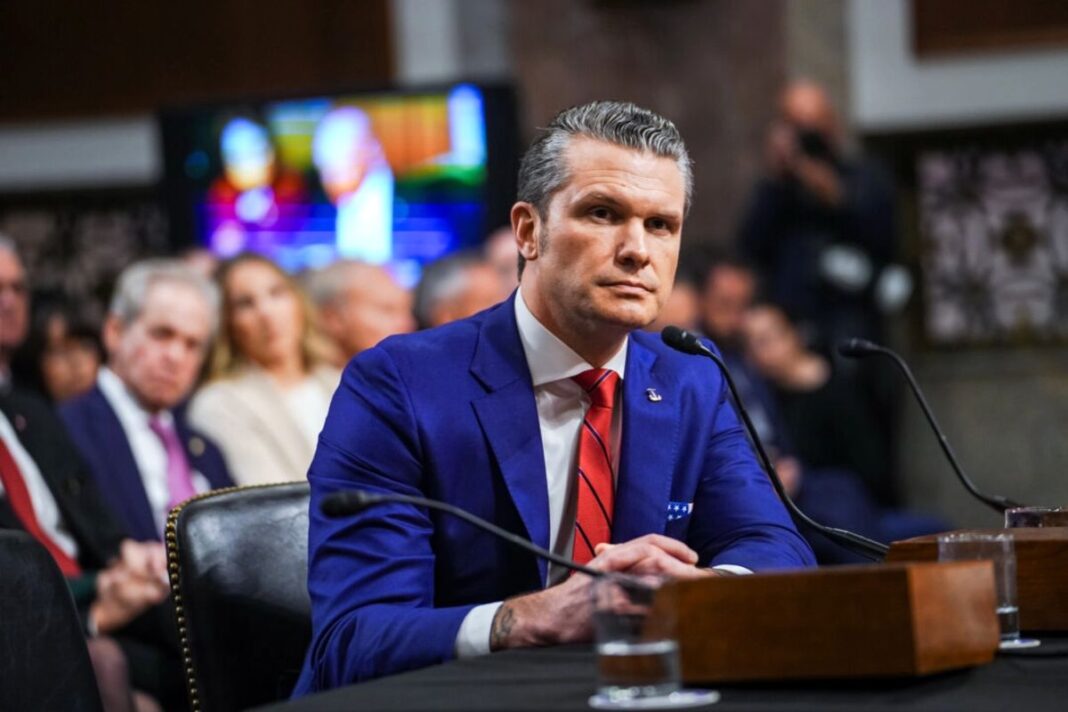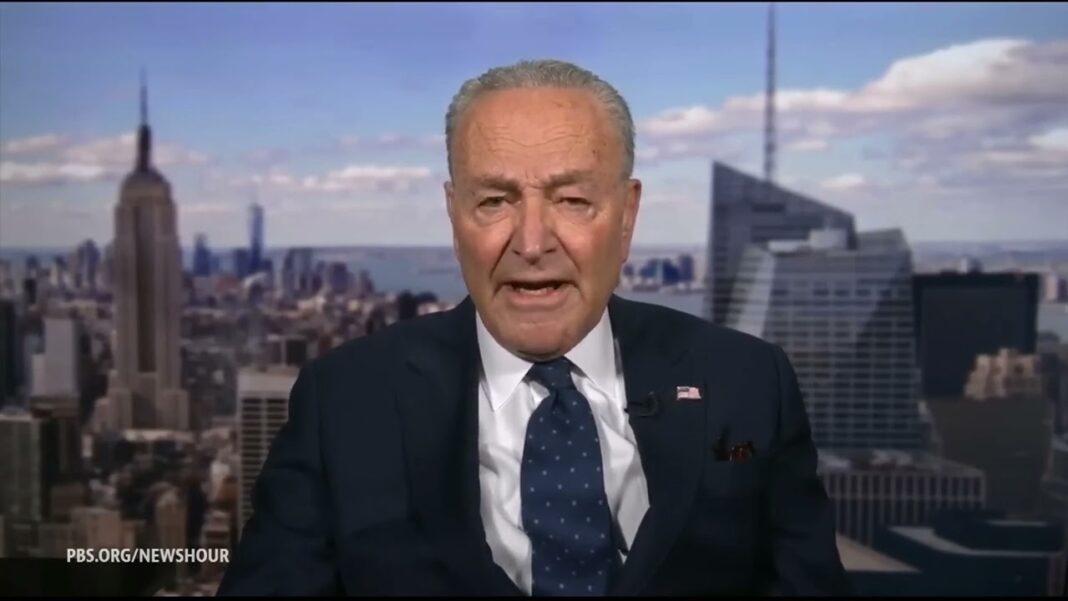Senate Armed Services chair and ranking member issue bipartisan demand for Pentagon probe into Signal military chat.
Senate Armed Services Committee Chair Roger Wicker (R-Miss.) and Ranking Member Sen. Jack Reed (D-R.I.) have called on the Pentagon’s acting inspector general to investigate the circumstances surrounding a Signal group chat in which senior government officials discussed military strike plans.
In a March 26 letter to Acting Inspector General Steven Stebbins, the senators cited reporting by The Atlantic that its editor-in-chief, Jeffrey Goldberg, had been inadvertently added to the encrypted chat, which included members of the National Security Council. The chat involved information related to military operations in Yemen.
“If true, this reporting raises questions as to the use of unclassified networks to discuss sensitive and classified information, as well as the sharing of such information with those who do not have proper clearance and need to know,” Wicker and Reed wrote.
The bipartisan letter requests an assessment of the facts and circumstances surrounding the Signal chat, including what was communicated and any remedial actions taken following its disclosure. The senators also ask for a review of Department of Defense (DOD) policies regarding the handling of sensitive and classified material on nongovernmental networks and whether those protocols were followed.
Wicker and Reed further urge the inspector general to examine whether any officials transferred classified information—including operational details—from secure systems to unclassified platforms, and, if so, how. They also request an evaluation of classification and declassification procedures, and whether relevant policies were adhered to. Finally, they seek a comparison of security policies across the White House, the DOD, the intelligence community, and other National Security Council agencies to determine if inconsistencies contributed to the potential breach.
The chat group, titled “Houthi PC small group,” included national security adviser Mike Waltz, Defense Secretary Pete Hegseth, CIA Director John Ratcliffe, Director of National Intelligence Tulsi Gabbard, and other senior officials. Its existence became public after Goldberg’s phone number was inadvertently added to it two days before the U.S. launched renewed airstrikes against Iran-backed Houthi forces in Yemen.
According to Goldberg, the chat included messages about strike timing, weapon platforms such as F-18 fighter jets and MQ-9 Reaper drones, and other operational planning. He said one user—allegedly Hegseth—shared a specific timestamp for a drone strike.
While Trump administration officials maintain that no classified information was shared, the White House has launched an internal investigation into the inclusion of Goldberg in the chat group. Press secretary Karoline Leavitt said on Wednesday that Goldberg had been “inadvertently added to the chat“ and the probe was being carried out ”to take responsibility and ensure this can never happen again.”
By Tom Ozimek







